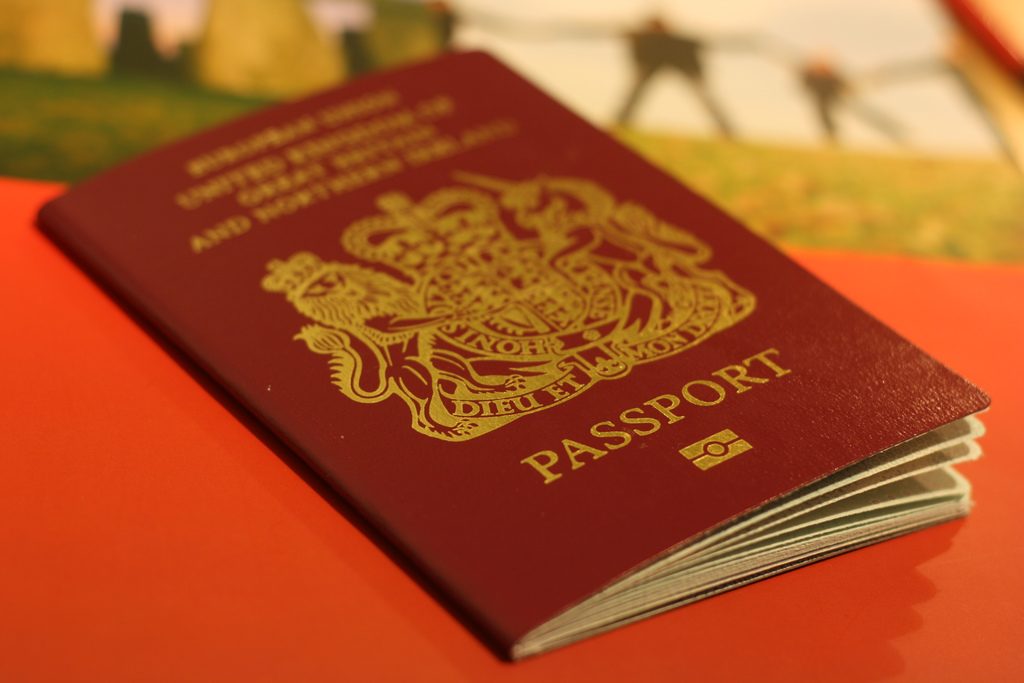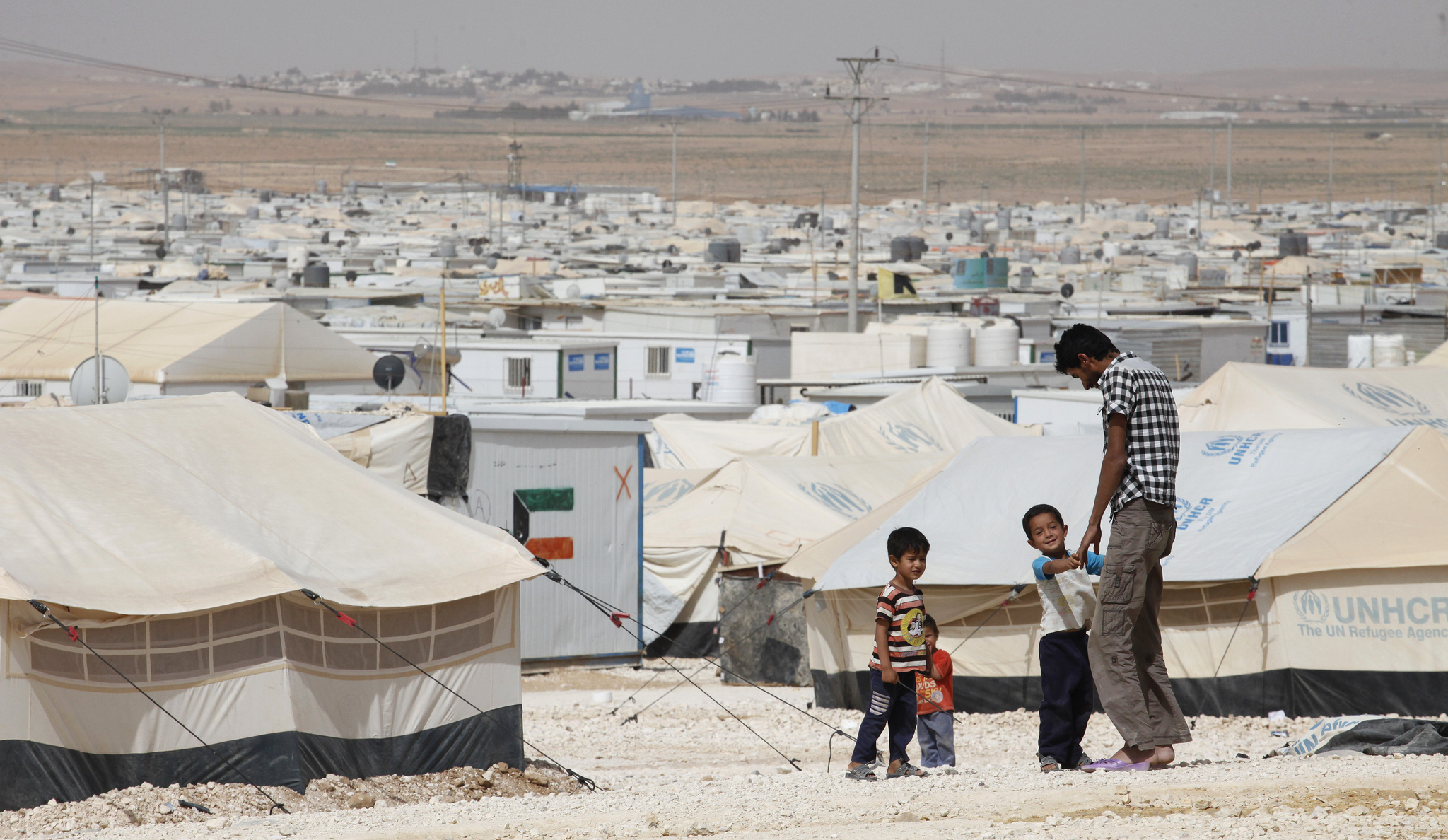The UK government could make more than £5million profit from £1,000 fees charged to Syrian child refugees who apply for British citizenship, new research shows.
Home Office figures, analysed by the International Observatory for Human Rights (IOHR), indicate that 8,789 under-18s have arrived in the UK after fleeing war-torn Syria under the two resettlement schemes since January 2014.
The first arrivals among them will be able to register to become British citizens from next year, after having waited a compulsory six-year term.
The fee they must pay, regardless of whether or not their application is successful, stands at £1,012. This is despite the cost of processing each application being just £372, as revealed in a 2018 parliamentary debate.
If all child refugees apply for citizenship, the government could make more than £5.6m, the IOHR estimates.
The group’s director, Valerie Peay, said: “Let’s be clear, unlike any other EU country, the UK government is choosing to profit £640 on every child who is entitled to apply for British citizenship.
“This action puts huge pressure on families.
“It can impact a child’s right to education support, the right to vote, freedom to travel and cause psychological damage when they find out they are not the same as their classmates.”
She added: “It can’t be right that a family with three kids will be expected to pay out £5,448 to try and secure a safe future, with nothing guaranteed at the end of the process.”

Image Credit: Flickr.
Citizenship application fees are more expensive in the UK than anywhere else in Europe.
In Luxembourg and Denmark, it is free for a child to become a citizen – while Belgium and France do not charge state fees although there are minor local fees.
In Germany, the cost ranges from £45 to £227.
Being denied citizenship affects people in a number of ways.
Only citizens have the right to vote in general elections and access to further education is severely limited as non-British citizens must pay higher international student fees for the university while being ineligible for student loans.
The Home Office has been contacted for comment.







